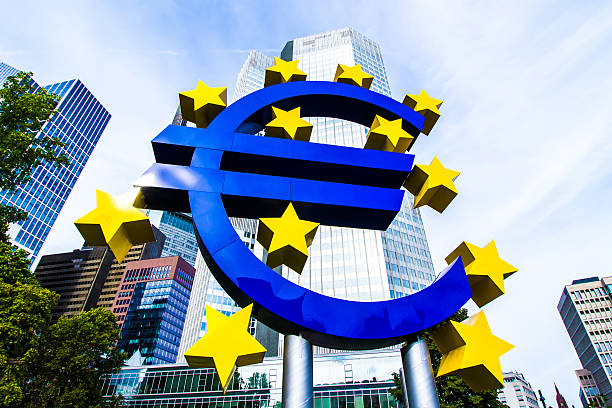EUR/USD depreciates to near 1.0500 as US Dollar strengthens, supported by rising yields

EUR/USD slips as the DXY climbs toward 106.50, driven by rising US yields.
The US Dollar faced headwinds due to weakening US consumer confidence.
The Euro found support from growing optimism following reports that Germany considers a €200 billion emergency defense fund.
EUR/USD retraces its recent gains registered in the previous session, trading around 1.0500 during the Asian hours on Wednesday. The currency pair loses ground as the US Dollar (USD) appreciates amid improving US Treasury yields.
The US Dollar Index (DXY), which measures the USD against six major currencies, rises to near 106.50 with 2-year and 10-year yields on US Treasury bonds improving to 4.12% and 4.32%, respectively, at the time of writing.
However, weakening US economic data put pressure on the Greenback. The Conference Board’s consumer confidence index fell by 7 points in February to 98.3, marking its third consecutive decline, according to data released on Tuesday.
Meanwhile, Federal Reserve (Fed) Bank of Richmond President Thomas Barkin predicted another drop in Personal Consumption Expenditure (PCE) inflation later this week, highlighting the Fed’s significant progress in controlling inflation. Despite his generally optimistic outlook, Barkin emphasized the need for a "wait and see" approach amid ongoing policy uncertainty.
The EUR/USD pair gained traction as the Euro found support from growing optimism around increased fiscal spending in Germany, following reports that Europe’s largest economy is considering a €200 billion emergency defense fund.
Adding to the bullish sentiment, Frederich Merz, leader of the Christian Democratic Union (CDU) and Germany’s soon-to-be chancellor, has not ruled out the possibility of reforming the debt brake to finance key initiatives such as tax relief, lower energy prices, and a significant boost in military spending.
Meanwhile, investors closely monitored remarks from European Central Bank (ECB) officials ahead of next week’s policy meeting, where the ECB is widely expected to cut interest rates for the fifth time in a row. ECB policymaker Joachim Nagel suggested that further rate cuts remain possible if inflation continues to ease toward the 2% target. However, his colleague Isabel Schnabel cautioned that the ECB may be approaching a point where it needs to pause or halt rate reductions.
* The content presented above, whether from a third party or not, is considered as general advice only. This article should not be construed as containing investment advice, investment recommendations, an offer of or solicitation for any transactions in financial instruments.


